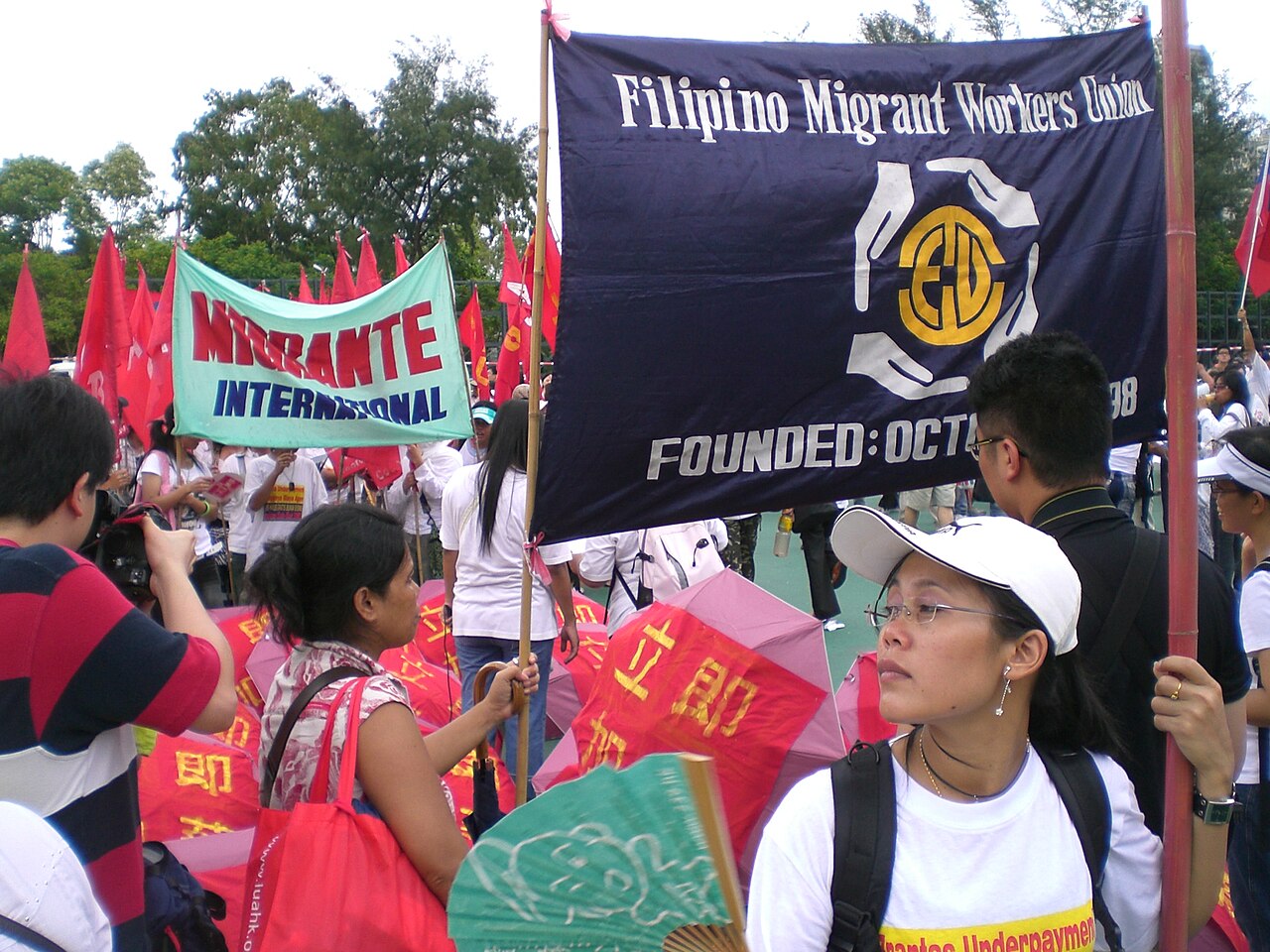Photo credited to Pxhere
The decision to work abroad as an Overseas Filipino Worker often comes with a set of expectations, but the realities faced by many can be quite different. Let’s discuss the stark differences between the expectations and the realities for OFWs.
Expectations: An easy from rags-to-riches income
Working abroad will lead to an easy from rags-to-riches income compared to what they can earn in the Philippines.
Reality: Financial Struggles
While it is true that certain jobs or companies abroad offer higher salaries than those in the Philippines, it's important to recognize that these opportunities vary significantly. Professional and highly skilled positions generally command far superior compensation compared to low-skilled and unskilled roles.
High-skilled roles might enjoy more visa privileges and opportunities for family migration compared to their low-skilled counterparts. Nevertheless, it's noteworthy that even those within the high-skilled category may still encounter financial challenges upon returning home. Some jobs abroad might have the same salary or benefits packages in the Philippines. Low-skilled roles encompass various positions, typically requiring minimal formal education or specialized training.
Many OFWs employed in low-skilled positions in the UAE, Qatar, Kuwait, Oman and other countries frequently contend with meagre to modest salaries, which present significant financial hurdles. These individuals often grapple with the daunting task of budgeting their limited income to meet the exorbitant costs of living and housing rentals in their respective host countries. While some workers may be fortunate enough to have their accommodation covered by their sponsor or employer-principal without deductions from their gross salaries, this is not the case for all.
Expectations: Long-term Social Security
There’s typically an expectation that working overseas will lead to long-term or lifetime social security, such as working in the government.
Reality: Unforeseen Setbacks
If you're fortunate enough to secure a competitive salary and benefits package with a reputable and well-managed company, you're well-positioned to pursue a fulfilling life in the Philippines. However, it's important to realize that simply accumulating savings may not suffice without a clear understanding of prudent financial management. Questions arise, such as whether to continue education, apply for local jobs, invest in the stock market, establish a business from the ground up, or purchase a franchise, among other potential avenues.
One of the challenges faced by overseas Filipino workers (OFWs) is the potential lack of long-term social security upon their eventual return to their home country. To address this concern, individuals are encouraged to enhance their skills, seek local employment, and consider entrepreneurial ventures if they intend to settle permanently in the Philippines.
Expectation: Career Advancement
Experiences abroad will easily lead to career growth opportunities back to home country.
Reality: Career Challenges and Reintegration Struggles
Though international experience can enhance a resume, it may not always lead to substantial career advancement. This is particularly true when individuals transition to local positions are unrelated to their previous overseas roles, such as moving from a food and beverage role abroad to a position in information technology locally.
Many overseas Filipino workers (OFWs) confronted with career transitions find themselves categorized in low-skilled roles, while others, including highly skilled or professional individuals, may struggle with job satisfaction in their new situations.
Notes: The OWWA Livelihood Assistance Program intends to help returning OFWs or former OFWS.
Expectation: Seamless Transition
A return to the Philippines will be a smooth transition, marked by comfort and stability.
Reality: Adjustment Period
However, returning to the home country involves a period of adjustment, comprising the need to readjust to economic conditions, establish new professional networks, and connect within the community.
The Bottom Line
The experiences of Overseas Filipino Workers (OFWs) often diverge from the initial expectations. While the prospect of higher salaries and better opportunities abroad is enticing, the reality encompasses a myriad of challenges, including career shifts, financial constraints, mental health problems, hazards, and the complexities of readjusting upon returning home. This stark contrast underscores the need for comprehensive support systems and strategies to address the multifaceted needs of OFWs throughout their overseas endeavours and their return to the Philippines.

